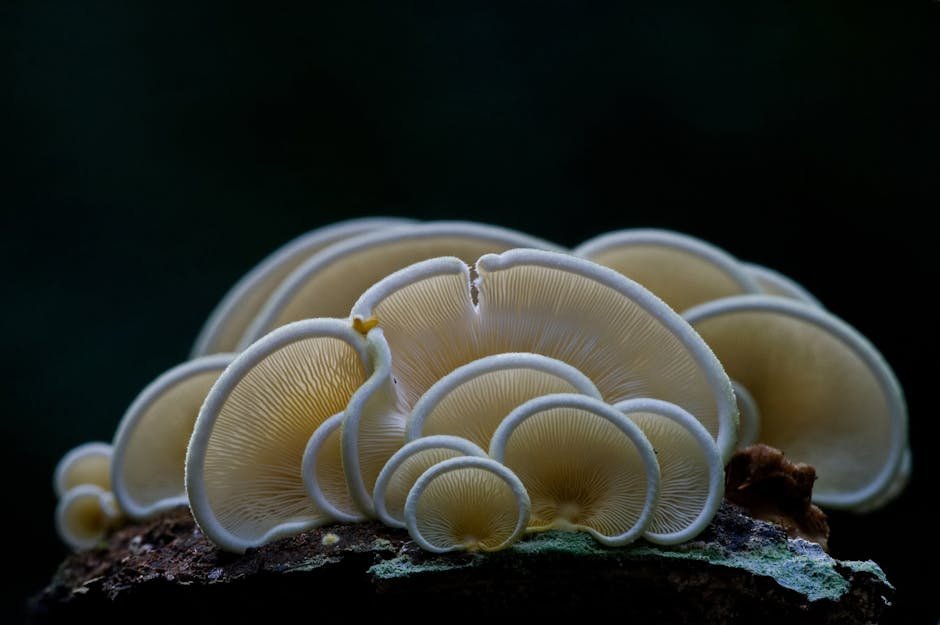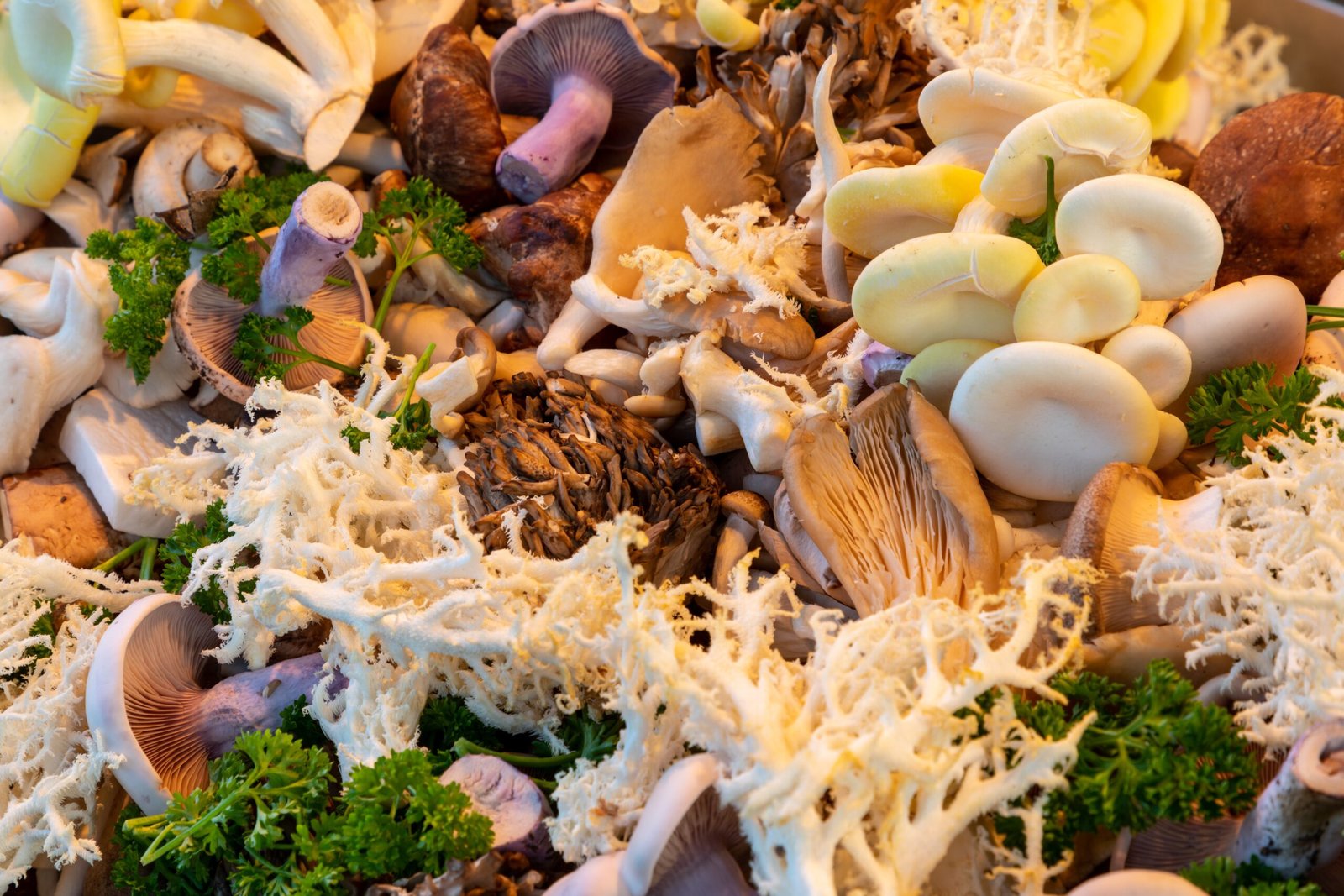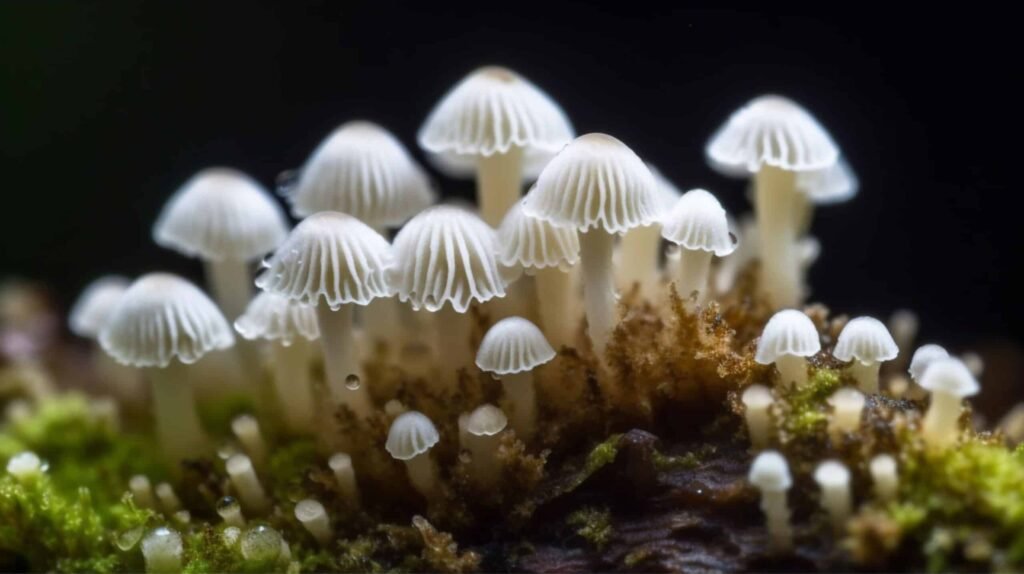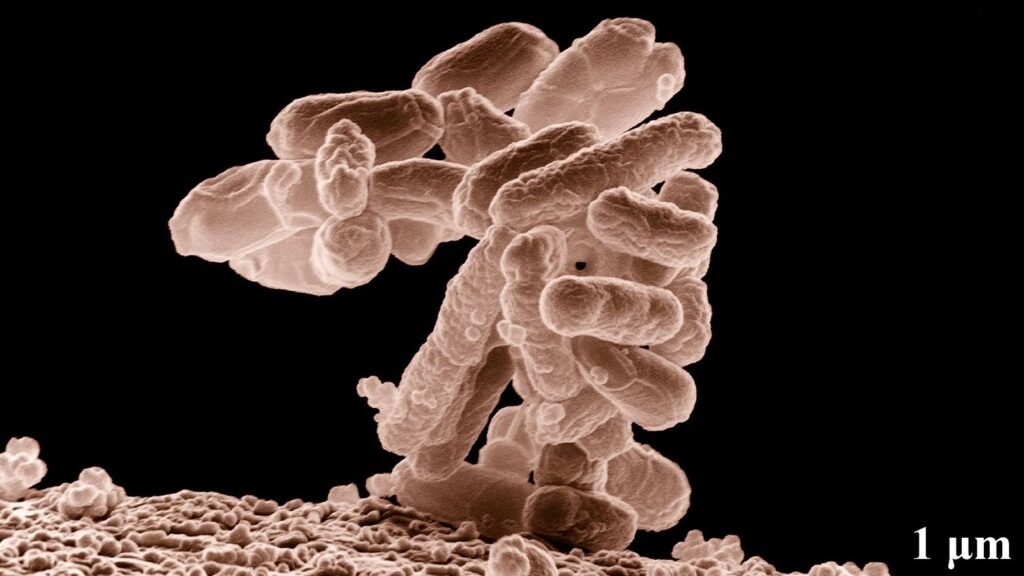The mystical allure of mushrooms has captivated human imagination for centuries. But beyond their culinary delights and mythical tales lies a fascinating question: Can mushrooms, specifically those containing psilocybin, alter our very essence—our personality? Psilocybin, the psychoactive compound found in certain mushrooms, has been the subject of intense scientific scrutiny. Researchers are keen to understand its profound effects on the human mind. This exploration delves into the potential of psilocybin to reshape personality in ways previously thought unimaginable. As science catches up with ancient wisdom, the intersection of nature and neurology offers a glimpse into a future where mushrooms might hold the key to unlocking the mysteries of the mind.
The History and Mystique of Psilocybin Mushrooms
Psilocybin mushrooms have a storied history that dates back thousands of years. Ancient cultures revered these fungi, often using them in spiritual and healing ceremonies. The Aztecs, for instance, referred to them as “teonanácatl,” which translates to “flesh of the gods.” Such reverence underscores their perceived power to transcend ordinary consciousness. In the 1950s, Western science began to take notice, thanks to figures like R. Gordon Wasson, who documented his experiences with psilocybin mushrooms in Mexico. This sparked a wave of psychedelic research, aiming to understand the mushrooms’ effects on human cognition and personality. Today, the mystique surrounding psilocybin mushrooms persists, as modern science uncovers their potential therapeutic benefits.
Understanding Psilocybin: A Chemical Perspective

At the heart of psilocybin mushrooms lies the compound psilocybin, which the body converts into psilocin. Psilocin is the active form that interacts with serotonin receptors in the brain, particularly the 5-HT2A receptor. This interaction is believed to be responsible for the hallucinogenic effects associated with psilocybin use. But beyond hallucinations, the compound appears to induce profound changes in perception, mood, and cognition. Scientists believe that these changes occur because psilocin disrupts the default mode network (DMN) in the brain. The DMN is a group of interconnected brain regions involved in self-referential thought. By disrupting this network, psilocybin may allow for new neural pathways and connections to form, potentially altering personality traits.
Exploring the Science Behind Personality Changes

The notion that a simple mushroom could change one’s personality might sound fantastical, yet recent studies suggest it’s possible. Research conducted at various institutions has shown that psilocybin can lead to lasting increases in openness, a personality trait associated with imagination, creativity, and a willingness to entertain novel ideas. In one study, participants reported feeling more open and accepting even months after a single psilocybin experience. This change in openness is thought to be due to the compound’s ability to dissolve ego boundaries, allowing individuals to see the world from a broader perspective. Such changes in personality can have significant implications for personal growth and well-being.
Psilocybin’s Therapeutic Potential
The potential therapeutic benefits of psilocybin are attracting increasing attention from the medical community. Clinical trials have shown promising results in treating various mental health conditions, including depression, anxiety, and PTSD. Patients who undergo psilocybin-assisted therapy often report a profound shift in their outlook on life, akin to a “reset” of their mental state. This reset appears to be linked to the compound’s ability to foster new perspectives and insights, promoting healing and transformation. By altering the neural circuitry associated with negative thought patterns, psilocybin may offer a novel approach to mental health treatment, distinct from traditional pharmaceuticals.
The Role of Set and Setting
The concept of “set and setting” is crucial when considering the effects of psilocybin on personality. “Set” refers to the individual’s mindset and expectations going into the experience, while “setting” pertains to the physical and social environment in which it occurs. Both factors can significantly influence the nature and outcome of a psilocybin journey. A positive set and setting can enhance the experience, leading to meaningful insights and personal growth. Conversely, a negative environment may result in distressing experiences. Understanding the importance of set and setting can help maximize the potential benefits of psilocybin, ensuring safe and transformative experiences.
Real-World Examples of Personality Transformation
Stories of personal transformation following psilocybin use abound, highlighting its potential to alter personality in profound ways. One compelling example is that of individuals who have overcome long-standing fears or anxieties after a psilocybin experience. These individuals often describe a newfound sense of peace and acceptance, allowing them to engage more fully with life. Another example is the increased creativity and openness reported by artists and musicians who have used psilocybin to enhance their work. These real-world accounts underscore the transformative power of psilocybin, offering a glimpse into the potential for mushrooms to change not just individual lives but society at large.
Psilocybin and Spiritual Experiences

One of the most intriguing aspects of psilocybin is its ability to induce spiritual or mystical experiences. Many users report feelings of interconnectedness, transcendence, and a deep sense of unity with the universe. These experiences often lead to a reevaluation of personal values and beliefs, fostering a more compassionate and empathetic outlook on life. For some, psilocybin acts as a catalyst for spiritual awakening, providing a direct encounter with the divine. The spiritual dimension of psilocybin use offers a unique avenue for exploring the nature of consciousness and the human experience.
Potential Risks and Ethical Considerations
While the potential benefits of psilocybin are promising, it is essential to consider the risks and ethical implications. Psilocybin is a powerful substance that can induce intense and sometimes challenging experiences. Individuals with a history of mental illness or those prone to psychosis may be at increased risk for adverse effects. Additionally, the legal status of psilocybin varies worldwide, raising ethical concerns about accessibility and regulation. Responsible use and thorough research are crucial to ensuring that psilocybin is used safely and ethically, balancing its potential benefits with the need for caution and oversight.
The Future of Psilocybin Research
The future of psilocybin research is bright, with scientists continuing to explore its potential to transform human consciousness. Ongoing studies aim to understand the precise mechanisms by which psilocybin alters personality and cognition. Researchers are also investigating its applications in treating a broader range of conditions, from addiction to existential distress. As the body of evidence grows, there is hope that psilocybin could become an accepted and valuable tool in mental health care. The journey to unlocking the full potential of psilocybin is just beginning, promising exciting discoveries and new possibilities.
Implications for Personal Growth and Society
The transformative power of psilocybin extends beyond the individual, offering potential benefits for society as a whole. By fostering openness, creativity, and empathy, psilocybin has the potential to inspire positive social change. Imagine a world where individuals are more understanding, compassionate, and willing to embrace diversity. Such a world could lead to greater collaboration and innovation, addressing some of the most pressing challenges facing humanity. As we continue to explore the long-term effects of psilocybin on the human mind, we may find that mushrooms hold the key to unlocking not just personal growth, but the evolution of society itself.




